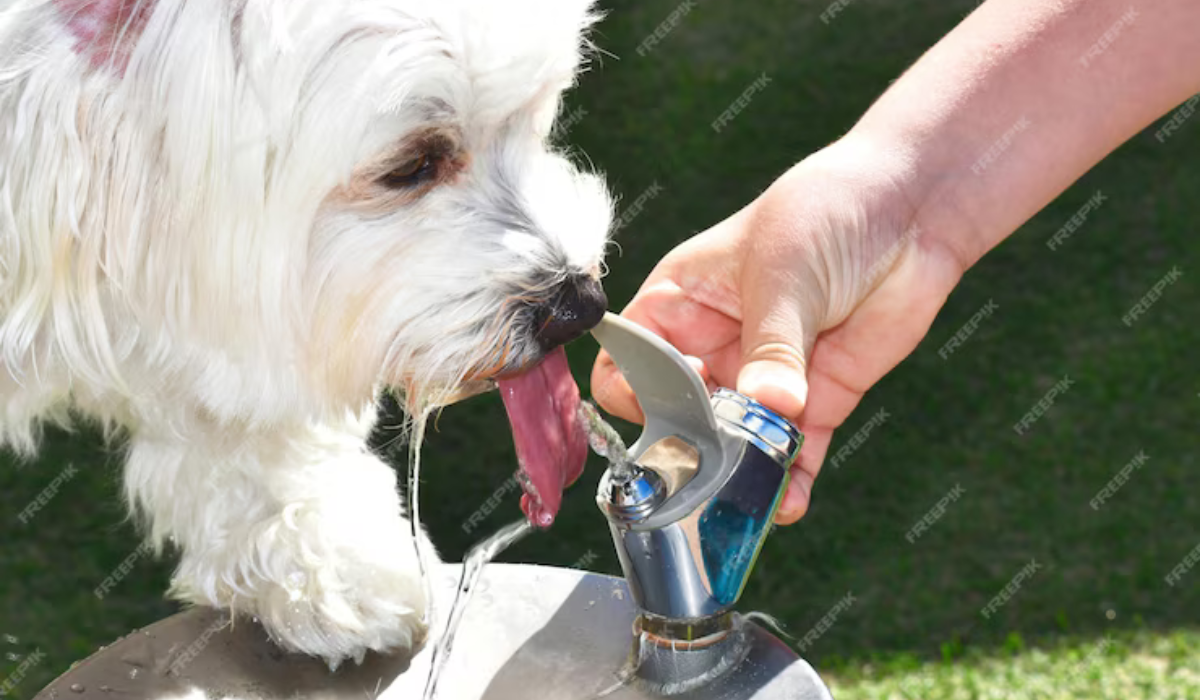Introduction:
The health of our pets’ urinary system is essential to their overall wellbeing. Their health is dependent on the urinary system. It’s responsible for waste elimination and toxin regulation. Ignoring urinary concerns such as inflammation, infections and stones can cause severe complications that impact their comfort, or even pose a life-threatening condition. This comprehensive guide explores the importance of urinary health and the role of supplements. It also offers pet owners a holistic way to care for their pets.
The importance of urinary health:
It is important that your pet’s urinary system works properly. It controls waste elimination, maintains fluid balance and keeps the kidneys functioning. Untreated urinary tract issues can cause discomfort, pain and even life-threatening situations. It is important to recognize the signs and address them immediately. This will not only help maintain a strong bond between you and your animal, but it also shows that you care.
Hydration is key:
Dehydration is the leading cause of urinary problems in dogs. It is important to ensure that your pet has constant access fresh water. Dogs should drink one ounce of water per pound body weight each day. For cats, 4 ounces per 5 pounds body weight should be consumed daily. Consider adding water to food or including wet food in your cat’s diet.
Monitoring Urination
It is important to understand your pet’s urination patterns. Urinary issues can be identified by frequent urination and accidents. They may also include pain when urinating, or changes in the appearance of urine. If you notice any of these signs, it is important to seek immediate veterinary attention. Early intervention and regular monitoring can help prevent complications, and ensure the continued health of your pet.
Importance of Clean Environment
Maintaining a clean litterbox is essential for cats to avoid urinary tract issues. Weekly litter replacement, daily scooping and regular cleaning are all essential. Dogs should be groomed to avoid bacterial accumulation, which can contribute to a healthy urinary system.
Dietary Considerations
Diet is important for urinary health. It is important to feed your dog a balanced, high-quality diet that has been specially formulated for urinary care. Pet food with a high moisture content is ideal. Cans or wet food are great choices for dogs as they help to increase hydration. Avoiding excessive amounts of minerals can prevent urinary problems.
Regular Veterinary Checkups
Routine veterinary examinations are essential for the overall health of your pet and their urinary tract. During these routine checkups, veterinarians can detect urinary tract issues and recommend preventive methods. They may prescribe medications or recommend special diets based on their assessment.
The Supplement:
Supplements are a valuable tool for promoting the health of dogs and cats’ urinary tracts. Glucosamine HCl is known for its benefits to joint health. It also has anti-inflammatory and protective bladder properties. Probiotics are known to support digestion and immunity. They also play an important role in maintaining healthy urinary tracts by preventing harmful bacterial migration. D-Mannose is a natural sugar that helps flush out bacteria. It does this by preventing the bacteria from adhering to the bladder walls.
Essential Fatty Acids
Fish and flax oils contain essential fatty acid Omega-3 and Omega-6, which are good for the body. They also help to support your immune system and reduce inflammation. These fatty acid play an important role in managing and preventing various urinary issues.
Cranberry Extract and Potassium Cirate
Proanthocyanidins are found in cranberry extract, which has been used for years to promote urinary health. They prevent harmful bacteria from sticking to the walls of the urinary tract. It is important to choose a pet-specific product in order to ensure safety and efficacy. Potassium citrate is recommended for pets who are at risk of calcium oxalate stones. It alkalinizes the urine and reduces the likelihood of stone formation. This is especially beneficial for pets who have a history of urinary stones or breeds that are prone to them.
Supplement Plan Importance:
A comprehensive plan that includes supplements, a nutritious diet, regular physical activity, and prescription medication is essential to support overall urinary health. These supplements work together to reduce the risk of infection, inflammation, kidney stones and other urinary problems.
Consultation with a Veterinarian
Consultation with your veterinarian is essential before adding supplements to the routine of your pet. Vets are able to provide advice on which supplements would be best for your pet, taking into account their specific needs. They can also ensure that there are no adverse reactions with any medications or conditions. This collaborative approach allows for a customized plan that takes into account your pet’s specific needs.
Holistic Approach
A holistic approach that includes supplements such as Glucosamine HCl (as well as probiotics), D-mannose (as well as essential fatty acid), cranberry and potassium citrate extracts will enhance the effectiveness of maintaining urinary health. Under veterinary supervision, the correct use of these supplements can promote comfort and well-being.
Pet Owner Responsibilities
Understanding the importance of urinary health allows pet owners to be proactive. Pet owners can promote a healthy life for their pet by incorporating supplements into their diet, keeping a balanced dietary regimen, and scheduling regular vet checkups.
Conclusion:
A holistic approach to urinary care in cats and dogs involves a combination a vigilant monitoring, encouraging hydration, a clean and healthy environment, dietary considerations and regular veterinary checks. In this holistic approach, supplements are crucial in addressing certain aspects of urinary and overall health. Prioritizing the health of our pets is a responsible way to ensure a long and happy life.









